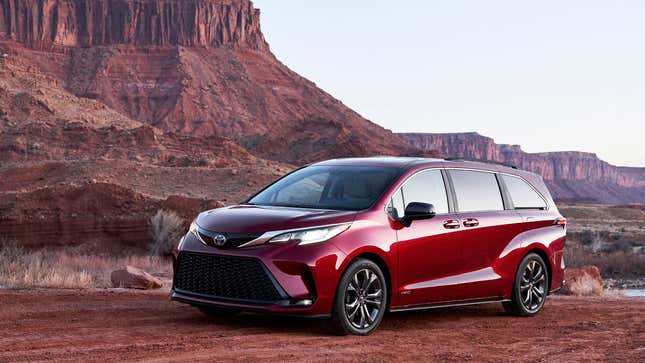
Buying a vehicle will be one of the most expensive purchases for many consumers. So, most savvy shoppers will spend some time and conduct product research on what make and model will best fit their needs, budget, and lifestyle. Despite a slowly improving market, the problem is that there is still a disconnect between what you should buy and what you can buy.
There are a lot of vehicles from dozens of automakers within various segments and price points. It can be very easy to get overwhelmed with so many choices, and therefore buyers will look to various media outlets for product reviews and model comparisons to help them narrow the field. Often what buyers find are the same cars recommended over and over again. However, the research can fall short because it can’t articulate the current market conditions for a specific model, and buyers end up entering the car market for a model that may not be actually able to buy.
As a professional car shopper, at least once a week I end up in similar conversations with potential clients who come to me with a well-researched car in mind that they would like to buy, only for me to tell them that the inventory for that particular model is very small and that they have two choices: Wait a very long time for some kind of factory order/allocation, or pay a large market premium to get score that model in a more “reasonable” timeframe.
Recently I spoke to a gentleman who was looking for a brand new Toyota Sienna LE in AWD, and he wasn’t even that picky about the color. He concluded that this would be the right van for his family because it’s a quality vehicle that offers both a hybrid powerplant and all-wheel-drive. He said all the reviews said this was “the best van you can buy.”
But those reviews did not tell him that most folks are facing wait times of up to a year, and that there were fewer than a half-dozen LE AWD models listed for sale within 500 miles of his location. When I filled him in on the inventory situation, I could hear the defeat in his voice; he was hoping to score a new car within the next few months, as the family transport he has now is starting to show some issues. When I mentioned alternatives like the Odyssey, Pacifica, and Carnival, this guy felt like he had to start the process all over again in terms of his research.
In order to avoid a similar situation, consumers need to shift the way they select their next new car. Due to the nature of how car reviews and comparisons are published, it’s impossible for various outlets to be continuously up to date on the inventory situation for any given model. Therefore I strongly recommend that buyers not get fixated on just one model and mentally prepare themselves to shop for a contingency plan. Because if the top choice is the model that everyone recommends, it’s probably going to be hard to find.
In a previous post, I laid out a methodology so buyers can see exactly how dire the inventory situation is for their selected car. If you do a radius search and are coming up with very few options and/or the majority of the listings are for ads with “stock photos,” you may be in for a challenge if you want to get something at a reasonable price without a really long wait.
The next tip is to really be honest with yourself about how critical certain features are. For example, if you don’t have the type of job that requires you to show up for work in a terrible snowstorm, you probably don’t need AWD/4WD. Or perhaps that 360 parking camera on the top trim isn’t as important as it seems, and therefore by not shooting for the loaded model, you increase your chances of success by aiming for the mid-level trims.
When conducting your research on that new car, the question isn’t, “What’s the best car?” But rather, “What’s the best car that’s actually available?” And you may also want to consider, “How much am I really willing to pay to get what I want?” For some folks, a premium is worth it to get their desired configuration right now, for other buyers shop for that plan B model to get a more competitive price.
Tom McParland is a contributing writer for Jalopnik and runs AutomatchConsulting.com. He takes the hassle out of buying or leasing a car. Got a car buying question? Send it to Tom@AutomatchConsulting.com